Seven Waves Away (1957) Online
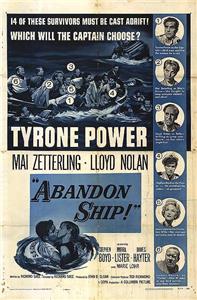
After their luxury liner is sunk, a group of over twenty survivors take refuge in a life boat made for only nine. Included in the group are an old opera singer, a nuclear physicist, his wife and child, a General, a playwright and his dog, a college professor, a gambler and his mistress, the ship's nurse, and several members of the crew, including the Captain and executive officer. Soon, the captain dies from his injuries. The executive officer must take charge, and as a hurricane approaches, and their food and water run out, he must decide who to put over the side, and who stays and gets a chance at survival.
| Cast overview, first billed only: | |||
| Tyrone Power | - | Alec Holmes | |
| Mai Zetterling | - | Nurse Julie White | |
| Lloyd Nolan | - | Frank Kelly | |
| Stephen Boyd | - | Will McKinley | |
| Moira Lister | - | Edith Middleton | |
| James Hayter | - | 'Cookie' Morrow | |
| Marie Lohr | - | Dorothy Knudson | |
| Finlay Currie | - | Mr. Wheaton | |
| John Stratton | - | Jimmy 'Sparks' Clary | |
| Victor Maddern | - | Willy Hawkins | |
| Eddie Byrne | - | Michael Faroni | |
| Noel Willman | - | Aubrey Clark | |
| Moultrie Kelsall | - | Daniel Cane | |
| Robert Harris | - | Arthur J. Middleton | |
| Gordon Jackson | - | John Merritt |
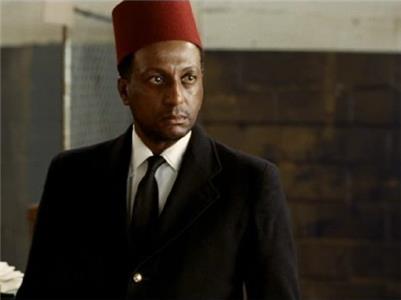

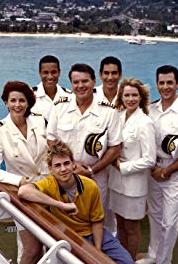
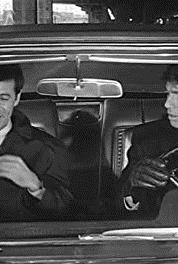
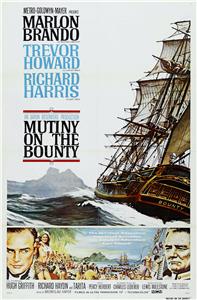
User reviews